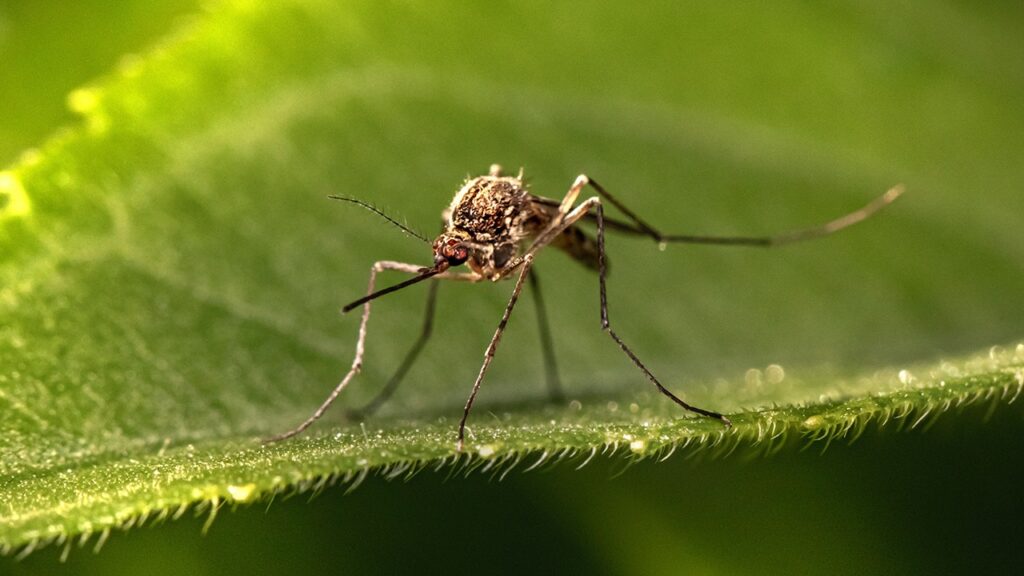by John Bagnasco
While there are a few plants that can eat insects, such as the Venus fly trap and sundew plant.

None of them are really good for mosquito control or other insect control.
Carnivorous plants usually attract insects that feed on plant nectars. Male mosquitoes do feed on nectar, but the female blood-suckers will be more attracted to you than a fly trap.
Many mosquitoes may be too tiny activate a carnivorous plant like a fly trap, which may save its enzymes and abilities for a more robust and nutritious insect. Similarly, carnivorous plants don’t discriminate. Bees, butterflies and other insects are attracted to the plants at a higher rate than mosquitoes.
Many carnivorous plants live in bogs or swamps or otherwise require really damp soil. Some require water trays when reared in a garden. Since mosquitoes need standing water to lay their eggs, the swampy conditions around the plants will likely be a breeding ground for many more mosquitoes.
Ironically, some mosquitoes actually lay their eggs in pitcher plants! The mosquito eggs and larvae are immune to the plants digestive juices, so they just hang out in the trap water, eating anything that falls in, and eventually emerge as adult mosquitoes.
What about the plants that claim to contain citronella to repel the mosquitoes? Many home improvement stores have marketed the “citronella plant” or “mosquito plant.” It’s a lacy-leafed thing that looks like a geranium and indeed, is probably Pelargonium citrosum or P. citrosum Van Leenii’ a geranium with fragrant leaves that smell like citronella. It was once said that this plant was the result of combining genes of two other plants – citronella grass and African geranium. But that claim has since been debunked; it’s simply a variety of geranium.
